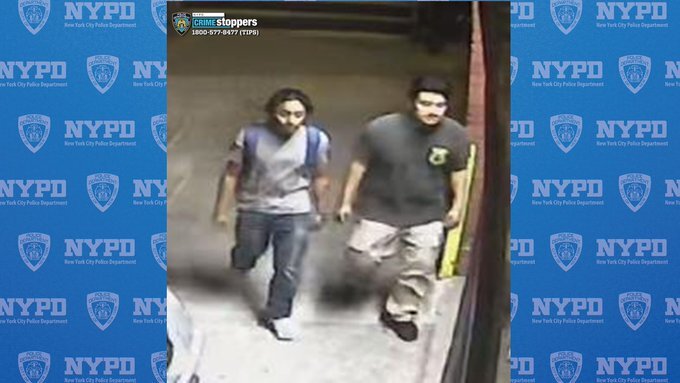By Valerie Victor
After serving 25 years in prison, Johnny Hincapie, 43, who was convicted of the 1990 murder of a tourist on a Manhattan subway platform, was granted a second trial and released on bail. But one month and four days after Hincapie was freed from prison, the Manhattan district attorney decided to appeal his overturned murder conviction, delaying any new trial and leaving the murder charge unresolved.
Hincapie’s case was the subject of a seminar held Tuesday at York College in Jamaica. At the seminar, Hincapie and four other panelists discussed the case, as well as the importance of investigative journalism in fighting wrongful convictions.
The panelists were Robert Dennison, former chairman of the New York State Board of Parole; Jarret Murphy, executive editor and publisher of City Limits Magazine; Pete Fiorello, retired NYPD detective; and William Hughes, York College journalism professor, who moderated the seminar.
Hughes was responsible for uncovering the evidence that led to the re-opening of the Hincapie case.
The former journalist noted that 1990, the year the murder of Brian Watkins, a tourist from Utah, took place “was the year of the highest number of homicides” in New York City. However, it was Watkins’ murder that Hughes says changed New York. Watkins and his family, who were in the city to see the US Open, entered the 53rd Street and 7th Avenue Manhattan subway station. On the platform, they were attacked by a group of teenagers from Queens, and Watkins was fatally stabbed after intervening to protect his parents.
Because homicides were at an all-time high, and the Watkins murder followed the Central Park Jogger case trials, much attention was focused on pushing law enforcers, as well as legislative and judicial bodies to clean up the streets.
Queens District Attorney Richard Brown wanted confessions, according to Fiorello.
“If you didn’t get a confession, it was tough to bring the case in,” he said.
Hincapie contended he was coerced into giving a false confession, which ultimately led to his conviction for murder.
“The crime rate was so high […] there was no way they wanted me to have a fair trial in my opinion,” Hincapie said. “They definitely wanted to clean up the streets of New York with my case, and they did that. If it involved putting an innocent man in prison like myself, they didn’t care.”
Before Hughes’ article “The Murder That Changed New York City” was published in City Limits Magazine in 2010, Hincapie had been labeled a murderer by the media, according to the panelists. In preparing the article, Hughes reviewed confession tapes that had been omitted from Hincapie’s original trial, concluding that he was not on the platform when Brian Watkins was killed.
Murphy pointed out that the article Hughes wrote did not spark any attention when it was first published—it only brought resistance from the Watkins family. Murphy said he handled that opposition by reviewing Hughes’ notes and trusting that he did an accurate job in reporting.
Hincapie thanked everyone for helping the truth come to light. He stressed the importance of people uniting to prevent what happened to him from happening again.
“To stop false confessions, stop prosecuting innocent people, and really prosecuting individuals that do wrong, to change the law for district attorneys to be prosecuted, we definitely need to come together,” he said.
Hincapie is awaits the ruling in the DA’s appeal of his overturned conviction. His next court appearance is scheduled for Feb. 6.
































